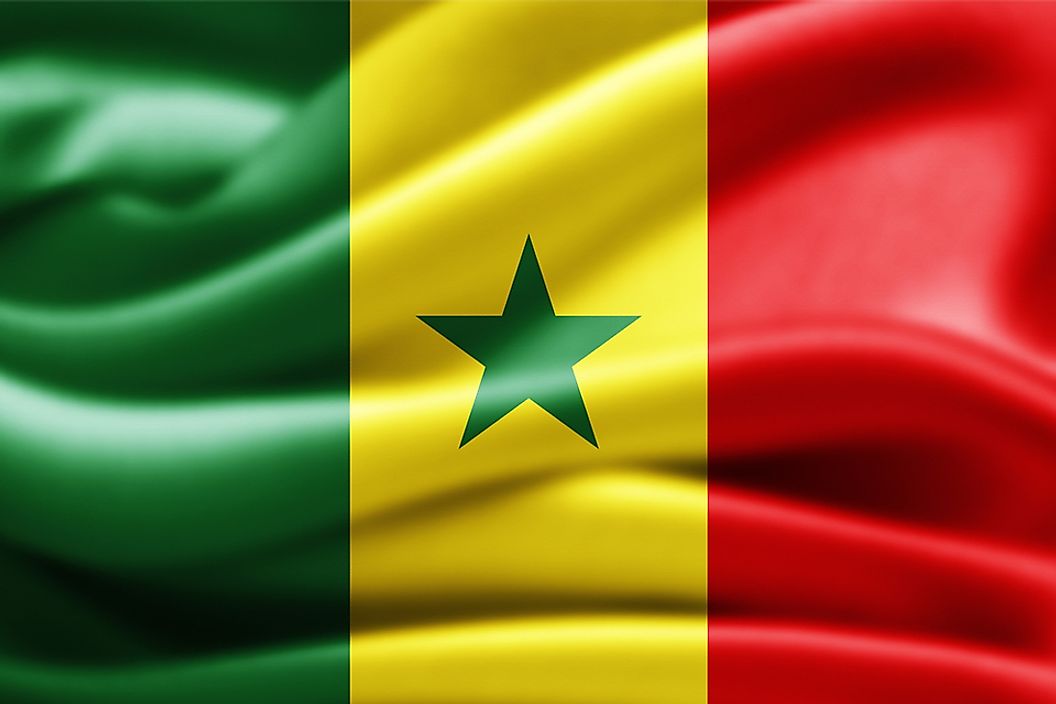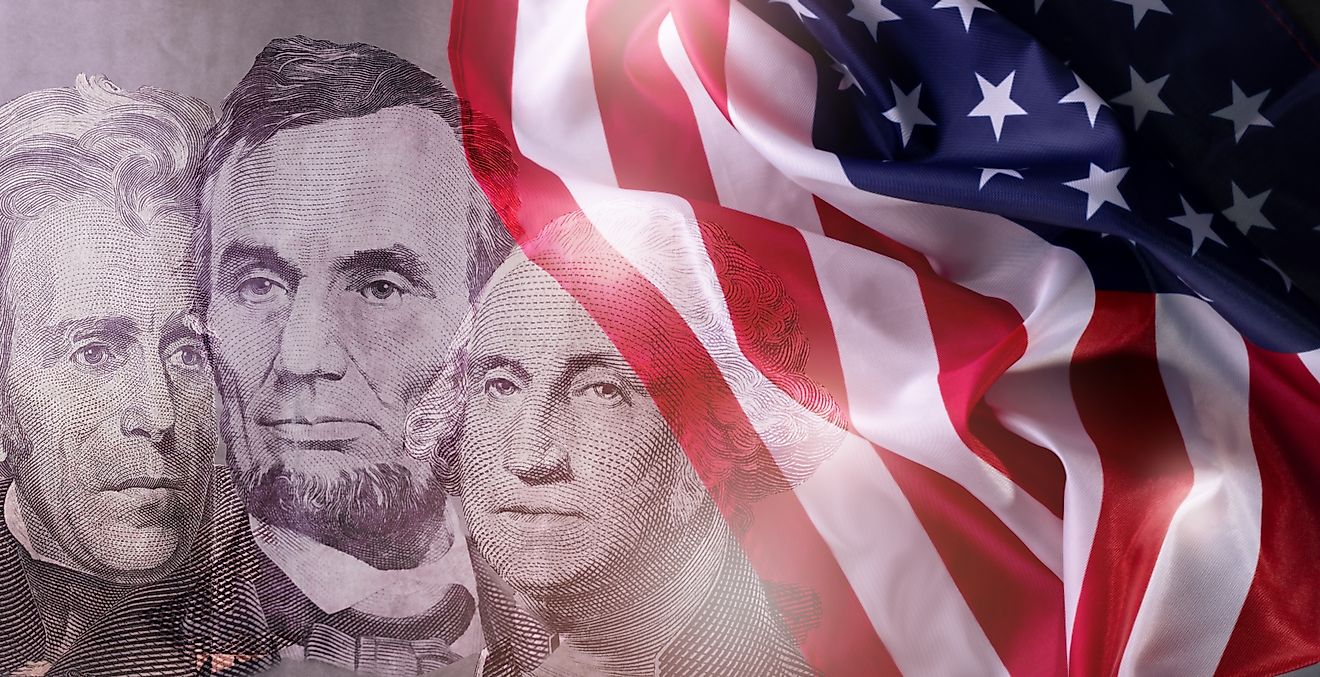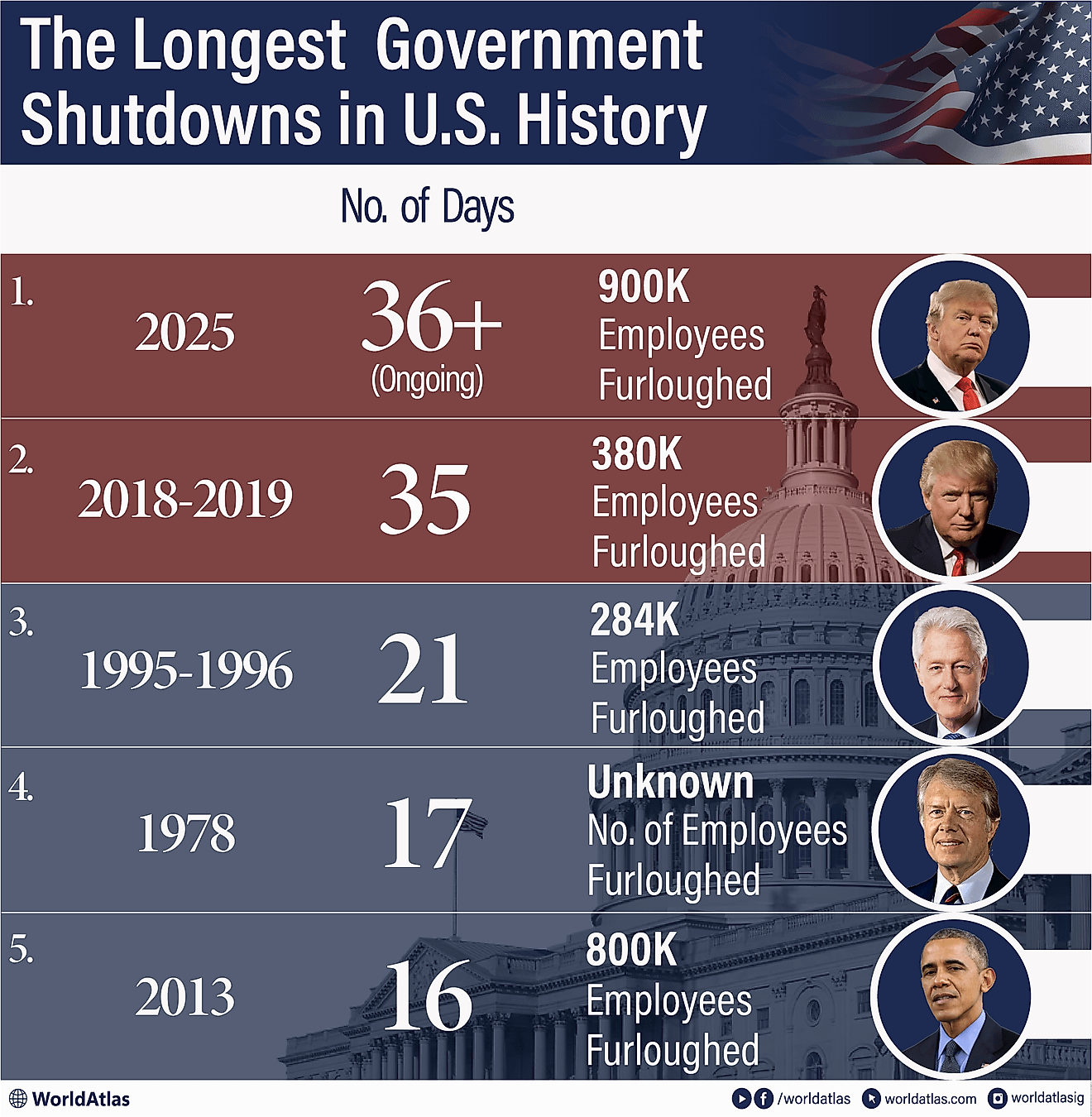What Type of Government Does Senegal Have?

Senegal is a former colony of France which gained independence in 1960. The constitution of Senegal is the supreme law of the country and provides for a semi-presidential democratic framework where the head of state is the president, while the head of government is the prime minister.
Constitution Of Senegal
The constitution of Senegal is the supreme law in the country, with all other laws being subordinated to the constitution and are formulated based on the constitution. Senegal has adopted four constitutions since gaining independence from France in 1960. The inaugural constitution was adopted in 1959 with policies directed to the incorporation of Senegal in the defunct Mali Federation. This constitution was later amended in 1960 after the collapse of the Mali Federation, with Senegal becoming an independent state and provided for the establishment of a two-headed executive. The two heads of government, the prime minister and president, were constantly colliding with each other, ultimately leading to a failed coup attempt in 1962 led by the prime minister. The failed coup caused the government to formulate a new constitution which abolished the parliamentary system of government and established a single-party state which featured a presidential system. The year 1991 saw the promulgation of a new constitution which was drawn on reforms with the establishment of a democratic multi-party state and the re-establishment of the prime minister’s position. The current constitution used in Senegal was adopted in 2001.
Executive Branch of Government
The executive arm of government is mandated with implementing government policies and is comprised of the president, the prime minister, and the council of ministers. The president, in the capacity as head of state, is the government’s senior-most representative on domestic or international matters and is responsible for the appointing the prime minister. The president is directly elected in democratic general elections through universal adult suffrage. Initially, the current constitution provided for a presidential term to last five years, but amendments in 2008 pushed for a seven-year term. As head of government, the prime minister is the leader of the executive and is responsible for the appointing the council of ministers.
Legislative Branch of Government
The legislature is the arm of government mandated with the formulation of new laws. Senegal’s legislature features a unicameral (single-chambered) parliament. The National Assembly (parliament) of Senegal is headed by the president of the national assembly, as well as the prime minister. The national assembly is made up of 150 members drawn from the different political parties in Senegal. The members of the national assembly are elected to serve five-year terms as provided for by the constitution through the use of a parallel voting system with multi-seat constituencies. Between 2007 and 2012, the legislature had a bicameral parliament and featured the senate as the upper chamber of the national assembly. In the bicameral system, the senate was comprised of 100 members, 65 of whom were appointed by the president, while 35 members were elected by around 12,000 local councilors and deputies. The system was later scrapped in 2012 after the senate was abolished.
Judicial Branch of Government
The highest court in Senegal is the supreme court, which is presided over by 12 judges and structured into social, administrative, criminal, and civil and commercial chambers. There is also the constitutional council which is made up of the court president, the vice president, and other 5 judges. Other subordinate courts include the high court of justice, district and regional courts, and labor courts. In 2013, the African Union and the government of Senegal entered into an agreement to establish the Extraordinary African Chambers to try high level cases of government officials involved in crimes that were committed in Chad from 1982 to 1990.











